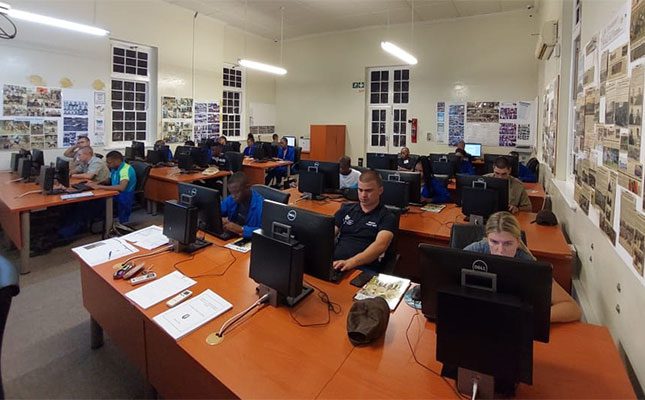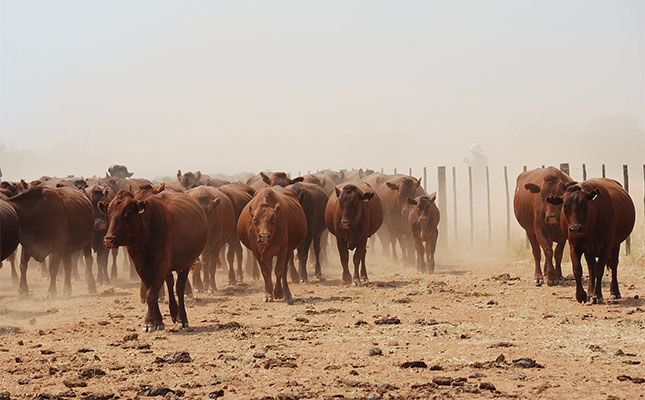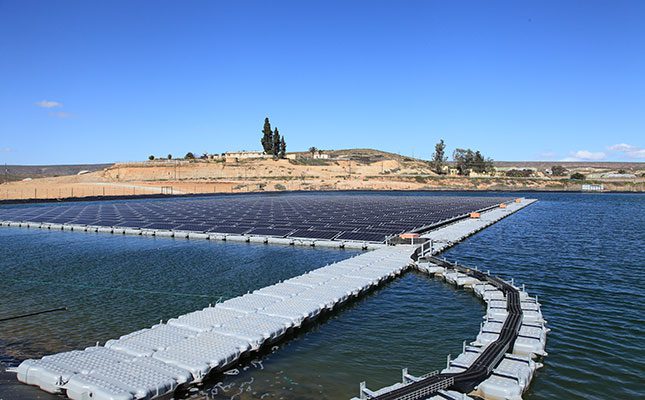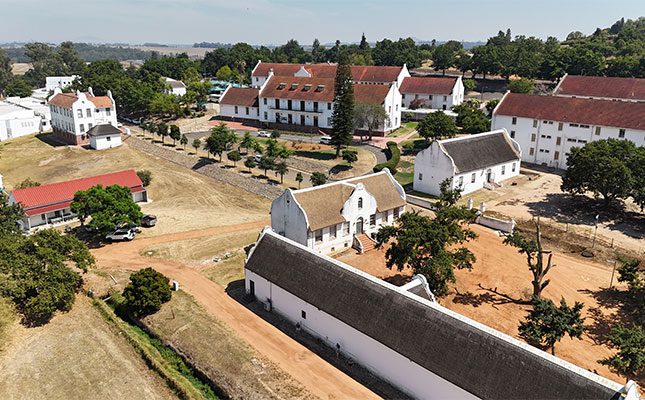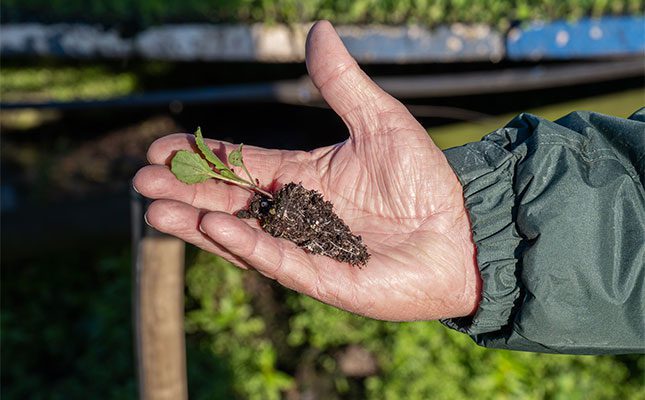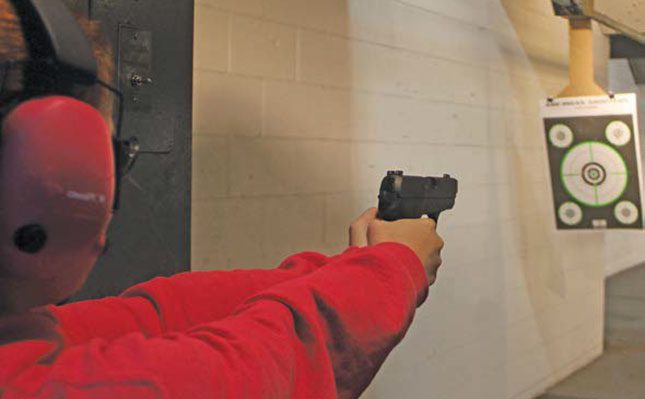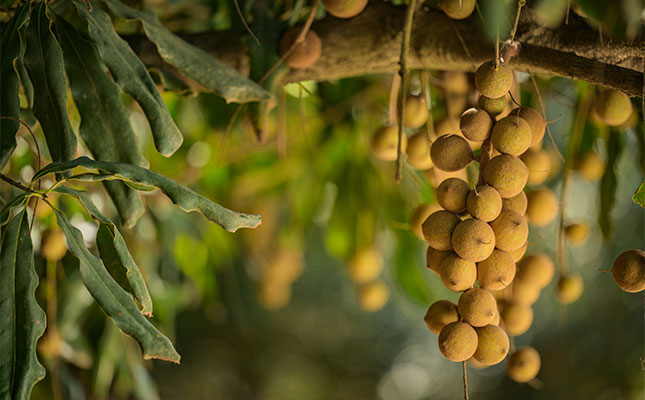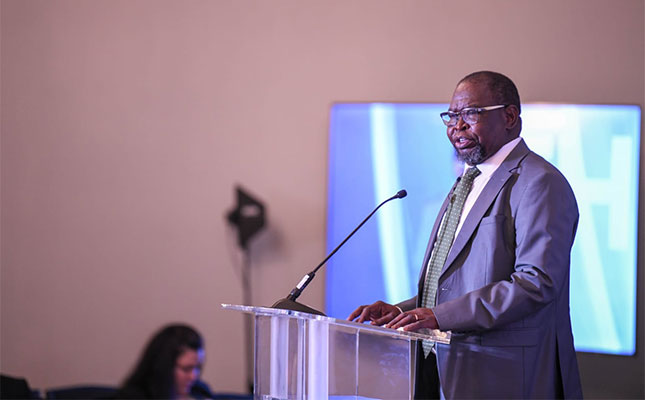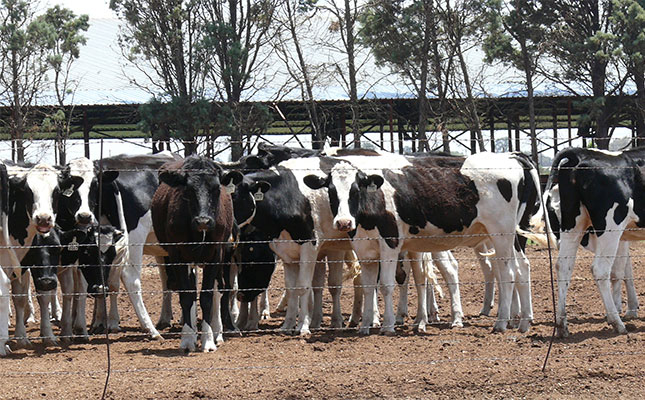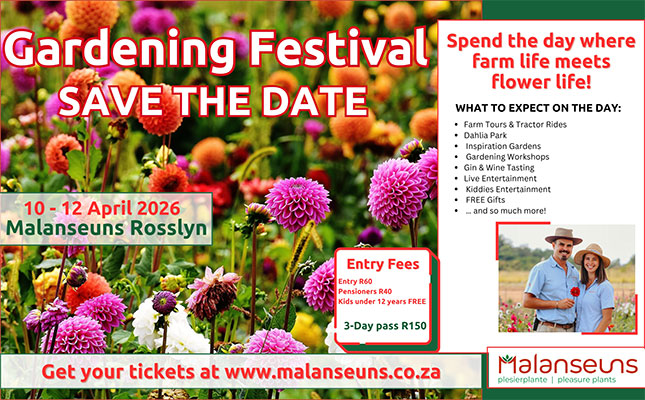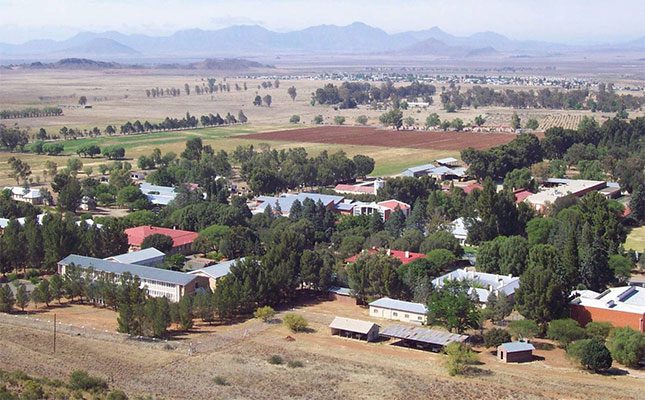
The Grootfontein Agricultural Development Institute was established in 1911 on Grootfontein, a former British peace-keeping farm. Commonly referred to as Grootfontein College of Agriculture or simply ‘Grootfontein’, the college is located near Middelburg in the Eastern Cape.
As one of the oldest of South Africa’s 11 agricultural training institutes, Grootfontein is renowned for its expertise in small stock farming, research, and semi-arid agricultural systems.
Students and facilities
In 2025, the college enrolled 183 students, 82 of which were women. With an annual intake of approximately 65 first-years, student demographics have shifted significantly since 2020 to comprise 56% black, 6% coloured, and 38% white students.
The 10 000ha Grootfontein campus offers extensive facilities for hands-on agricultural training. These include sheep, goat, and cattle units; a veterinary laboratory and embryo centre; wool and mohair classing rooms; crop production and feedlot training plots; and meat and dairy processing centres.
A computer centre, residences, library, dining hall, and sports fields complete the complex, and a new classroom and information centre are planned for development this year.
Training agri-entrepreneurs
The Grootfontein National Diploma in Agriculture (NQF level 6) is a three-year on-campus programme that combines 60% theory with 40% practical training. Key modules include small stock production; veld and crop science; animal health and nutrition; and mechanics and welding.
“We aim to prepare a new generation of agri-entrepreneurs. To achieve this, we added practical, market-relevant skills to Grootfontein’s curriculum. Students are equipped with essential business management and entrepreneurship skills to prepare them for the demands of the agriculture sector,” says Dr Loraine van den Berg, acting principal of Grootfontein.
Hands-on experience
Grootfontein students gain practical experience through a variety of direct learning opportunities. In their third year, they participate in student production units where they manage their flocks, budgets, and daily operations.
Additional experiential training takes place on campus at the feedlot and veld monitoring sites. The college follows a competency-based learning approach, ensuring students can demonstrate mastery of essential skills. Structured work-integrated learning placements with commercial farms further enhance their real-world agricultural exposure.
The college offers a variety of short courses, too, such as wool classing, sheep and goat judging, welding, and tractor operation and maintenance. Open to students, emerging farmers, and the public, these courses focus on practical skills to enhance industry readiness.
Grootfontein also hosts workshops on veld assessment and grazing capacity, which contribute to improved land management practices.
In 2024, 59 students graduated from Grootfontein, most of them specialising in small stock production. They were all equipped with industry-specific certifications such as wool handling and animal husbandry.
Drones and other tech
There is growing interest among students in specialised areas such as value chain management in wool, mohair, and meat production, as well as veld and pasture monitoring using drones and data-driven tools.
The college is also introducing modules focused on precision agriculture and data-driven farming. This shift highlights the focus on combining technological innovations and sustainability in modern agricultural practices.
Partnerships with universities and industry players
Grootfontein is actively developing several academic advancements to expand learning opportunities. These include formal degree articulation agreements with Nelson Mandela University in the Eastern Cape and the University of the Free State. This will enable graduates to pursue further studies in agricultural management and production science.
While full-scale research at Grootfontein is currently limited by resource constraints, third-year students undertake research projects on topics such as parasite management and feed conversion efficiency.
The college also collaborates with industry partners such as BKB, the National Wool Growers’ Association, Mohair South Africa, and AgriSETA to support research and align training with industry needs. It also hosts farmers’ days and demonstration projects to share best practices and train extension officers and development workers.
Internships for graduates
In 2025, an estimated 60 students are expected to graduate, with over 30 seeking internships in small stock and mixed farming, animal nutrition and feed formulation, farm business administration, and dairy and meat processing.
“These internship opportunities are critical in bridging the gap between academic training and professional practice,” says Van Den Berg.
“We encourage the private sector to contribute through guest lectures, funding for training equipment, bursaries, and digital upgrades, and to partner [with Grootfontein] on applied research and rural innovation.”
Successes and challenges
Grootfontein students have excelled in national sports competitions, earning silver in rugby, winning the National Agricultural College Soccer and Netball Organisation soccer championship in 2024, and participating in golf, netball, and choir events. Students also take part in squash, netball, air rifle shooting, and angling.
Leadership is developed through structures such as the student representative council, the house committee, and engaging in community service outreach days.
The college does have its challenges, though. These include vacant posts due to government hiring moratoriums, ageing infrastructure, and insufficient funding for maintenance. Limited ICT capacity and a shortage of digital teaching tools further limit digital integration and progress.
For more information email Dr Loraine van den Berg at [email protected], or phone her on 049 802 6740 | Visit gadi.dalrrd.gov.za.

